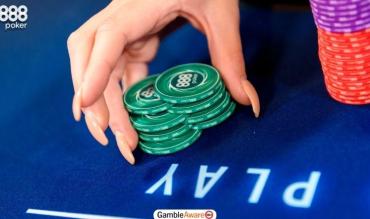Updated November 2, 2025
Most players lose at poker freerolls because they treat them like slot machines. They're firing chips around with garbage hands, shoving all-in preflop, basically treating free tournaments like there's no tomorrow.
- Which, to be fair, makes sense.
- Nothing invested means nothing to lose, right?
That wild-west mentality is precisely what makes freerolls beatable for anyone with a shred of discipline. You've got opponents playing like maniacs, half the table sitting out because they forgot they registered, and a skill level that wouldn't scare a church basement home game.
Follow these ten freeroll poker strategies, and you'll navigate the chaos to reach those final tables where real money is in play.
1. Survive the Early Chaos: Start Slow in Poker Freerolls
With inexperienced players and nothing to lose, the first few minutes see a large chunk of the field go out with any crazy poker hand and all-in preflop action. So, sit tight initially. That doesn't mean you can wait too long - we said, 'first few minutes', not 'first few levels'.
The all-in craziness isn't defined by blind levels, but by players in small poker freerolls looking to accumulate a large stack early or go wild.
Don't bother trying to play 'real poker' in the first few minutes; fold everything but big pairs, and spring into action when things calm down.
2. Play Fearless Poker Without Financial Risk
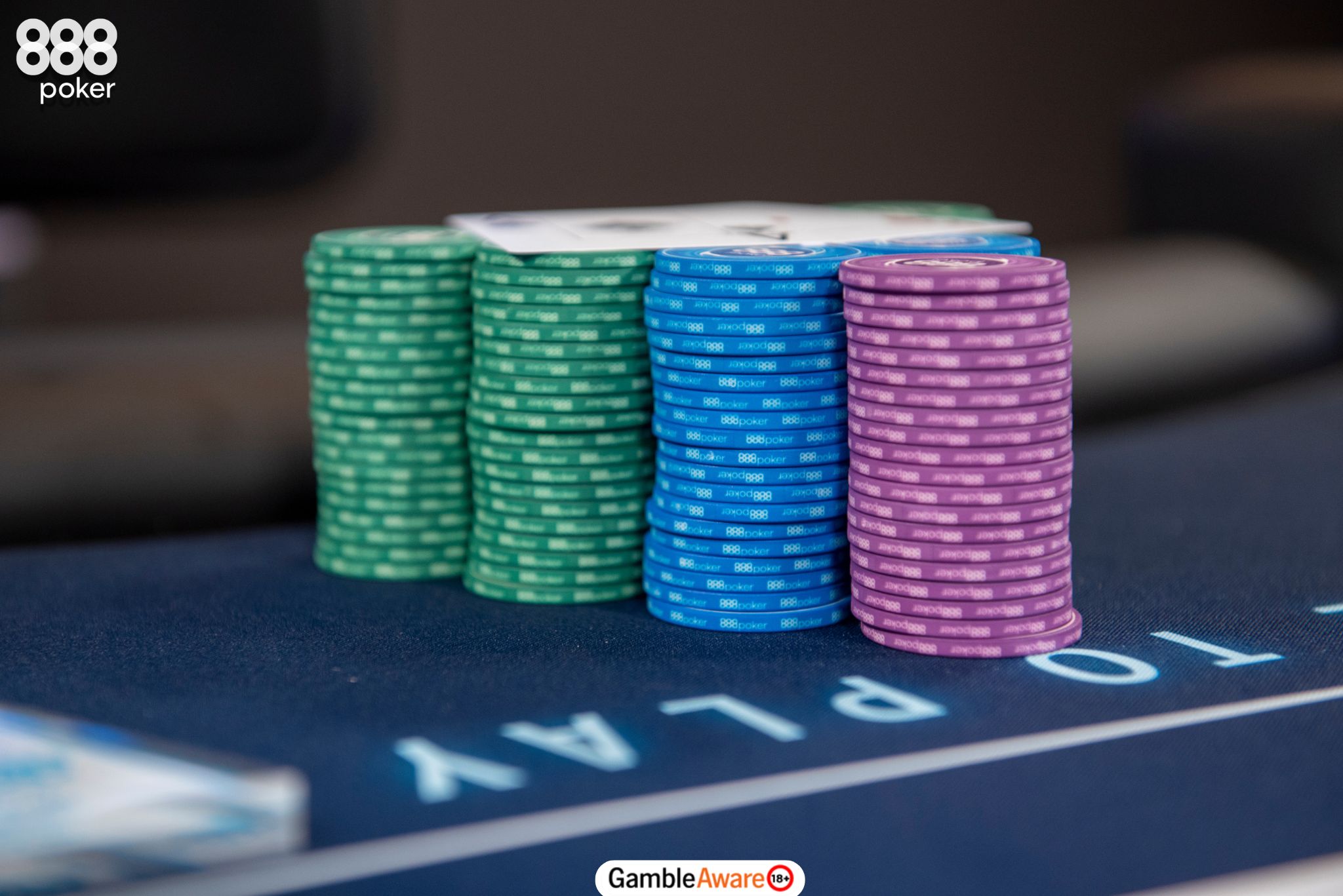
Aggressive poker is a winning strategy, and a significant part of this approach involves separating chips from their real money value. However, in a poker freeroll, your chips don't cost a penny, so there's no reason to worry about giving them away.
With the pressure of financial loss removed, you're free to play as fearlessly as you've always wanted to, with raises and re-raises galore.
Try not to go overboard, though; you’re still learning how to play poker. Freeroll or no freeroll, 5-2 off-suit isn't a hand to shove all-in.
3. Exploit Players Sitting Out
One thing you'll often notice about lower-value poker freerolls is that many players sit out in the early stages, forgetting (or not caring) that they ever registered. While this makes the game short-handed, it also provides an easy way to build your stack.
If every player still to act is 'sitting out', and everyone before you has folded, raise with any two cards and take down the blinds.
4. See Cheap Flops with Small Pairs
In any game of poker, it's worthwhile limping or paying a small amount to see a flop in a multi-way pot holding small pocket pairs. Your objective is to hit a well-disguised set. If you flop that beautiful third card in a poker freeroll, your opponents' inexperience means they'll be less likely to put you on a hand that strong.
Forget GTO poker; make sure to fast-play your big hands, such as sets, straights, and flushes, and you should get paid off nicely.
5. Pump Up the Pot with Strong Poker Hands
Sometimes a big hand can be top pair, top kicker. So, you shouldn't be afraid to jam the pot when you feel that you're ahead. Rather than betting for value, weak players holding marginal hands will call a large bet or re-raise.
It's newbie errors like these that deserve punishment. So, shove!
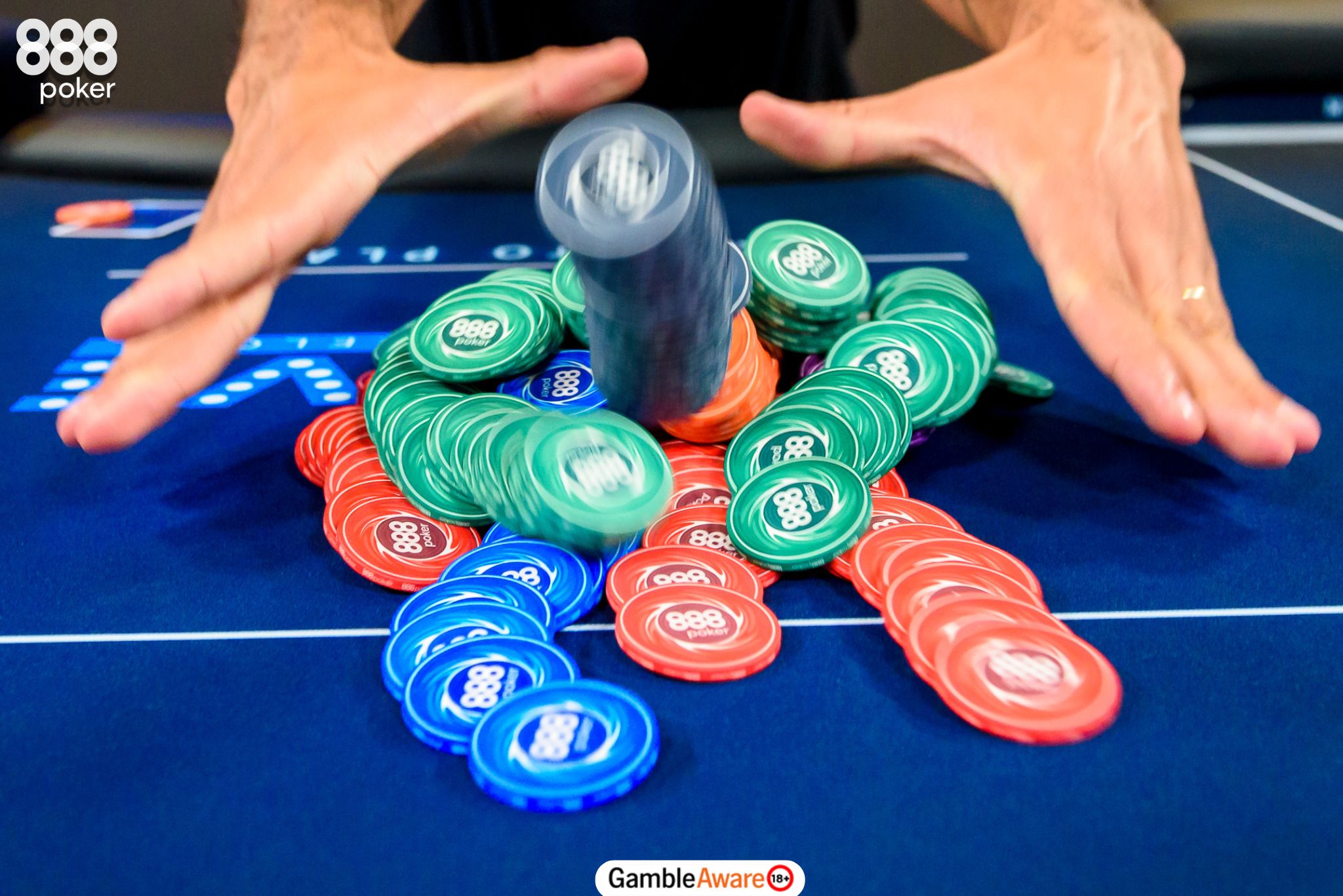
6. Play Premium Pairs Aggressively
Always be prepared to make huge raises and all-in pushes with hands like A-A and K-K, almost regardless of position. One of two things will usually happen:
- Inexperienced players will give you action by calling with any Ace, any pair, or even any two suited cards.
- Alternatively, a player with similar experience may share the opinion that a poker tournament without a buy-in is more akin to gambling. They’ll call with any low pair, A-K, A-Q, or even K-Q or K-J.
Yes, everyone might fold, but if you do catch someone with a playable hand, you're in a great spot to double.
If the action is short-handed or the blinds are small, then a big raise, rather than an all-in, is a better approach.
7. Keep Your Mouth Shut in the Chatbox
You'd be hard-pressed to find any other instance in online poker where the chatbox abuse is more egregious than during a poker freeroll tournament.
With the standard of most players being relatively low, you'll bear witness to an endless run of bad beat stories and poker cheat sheet tips.
Of course, most of these tales aren't unlucky, but the result of poor play. The trick is not to tell them that, no matter how tempting it may be. That way, when you take down their stack, your silence will almost certainly put them on monkey tilt.
Be the mature one, ignore their insults, and watch them bust out soon after.
8. Target Big Stacks in the Middle Stages
In the middle stages of a real-money multi-table tournament, it's fair to assume that any player with a considerable chip lead knows what they're doing.
However, in a poker freeroll, it's often the case that the other way around is true.
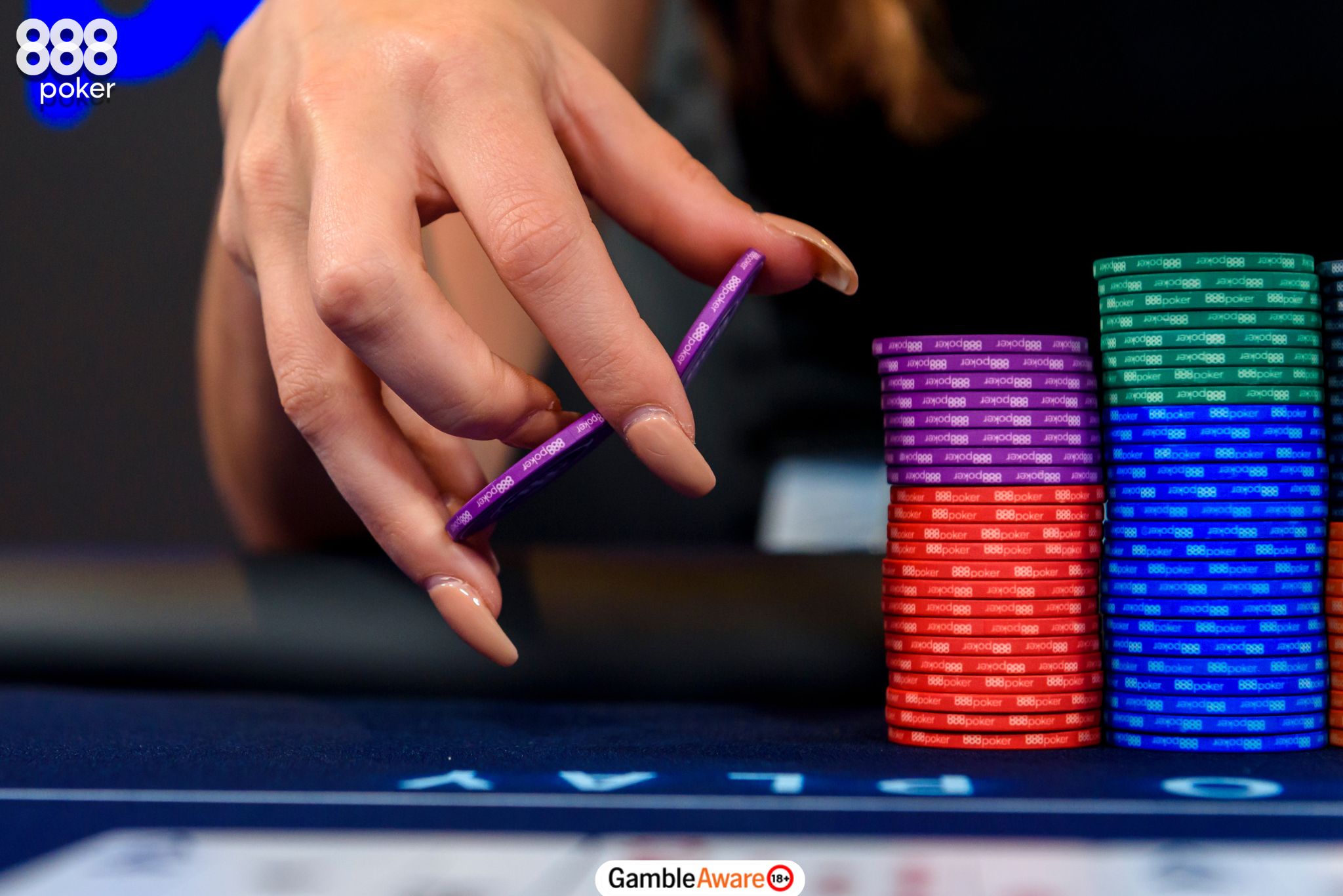
Big stacks likely got lucky a few times by playing hands they shouldn't have. They'll almost undoubtedly make the same mistakes again, allowing you to capitalise by eliciting the following actions:
- Making them pay dearly to draw
- Hitting cheaply priced draws yourself
- Waiting for them to pay you off when you've got a monster.
Their chip fortress will crumble, so make sure you're there to pick up the pieces.
9. Embrace the Bubble and Apply Pressure
Just as in most types of poker games with an actual buy-in, most poker freeroll players tighten up around the bubble. While this can make sense in a real-money tourney, it's pointless in a poker freeroll, where the lowest-paid places usually amount to a few dollars.
Ask yourself if you're happy spending a couple of hours trying to win the equivalent of a beer or two. If you're not, put pressure on opponents, and you should find yourself coasting deep into the juicier money spots.
After all, you came with nothing and have nothing to lose, so why not try to leave with a lot?
10. Understand Your Opponents' Mindset
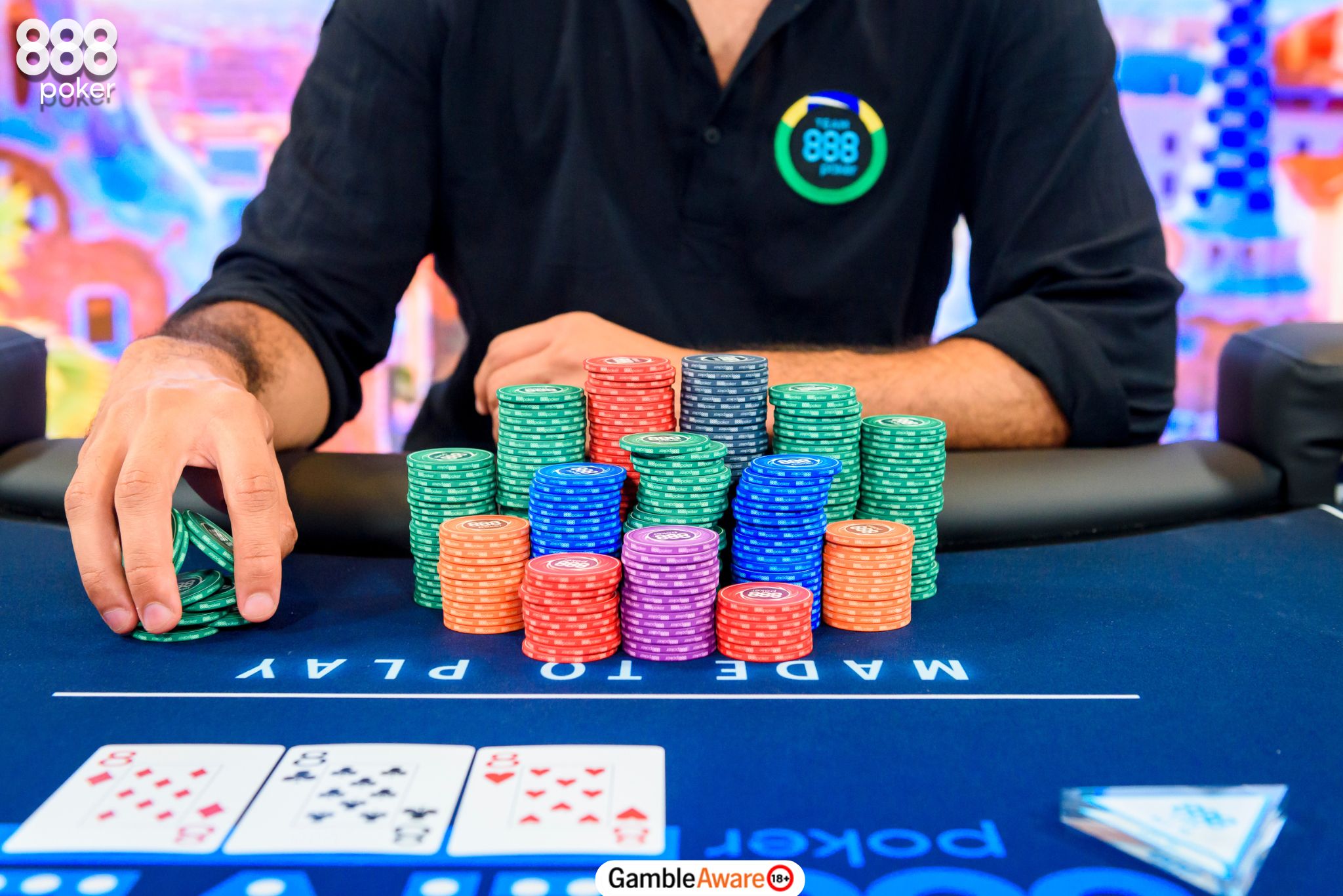
The most essential bit of advice is to get inside the mind of a fish. Pick on the players that don't know what they're doing and think about how they would play.
Imagine the kind of mistakes they might make, and then do the exact opposite.
Turn Free Poker Tournaments into Real Profits
Look, freerolls aren't just about the prize money. They're where you learn to play tournaments without burning through your bankroll.
- The wild early stages teach patience.
- The soft competition lets you practice exploitative play.
- And the real money prizes? They're yours for the taking.
Remember, everyone else is playing like they have nothing to lose. Your edge comes from playing like you have everything to gain.
Now get out there and build your bankroll from nothing!
